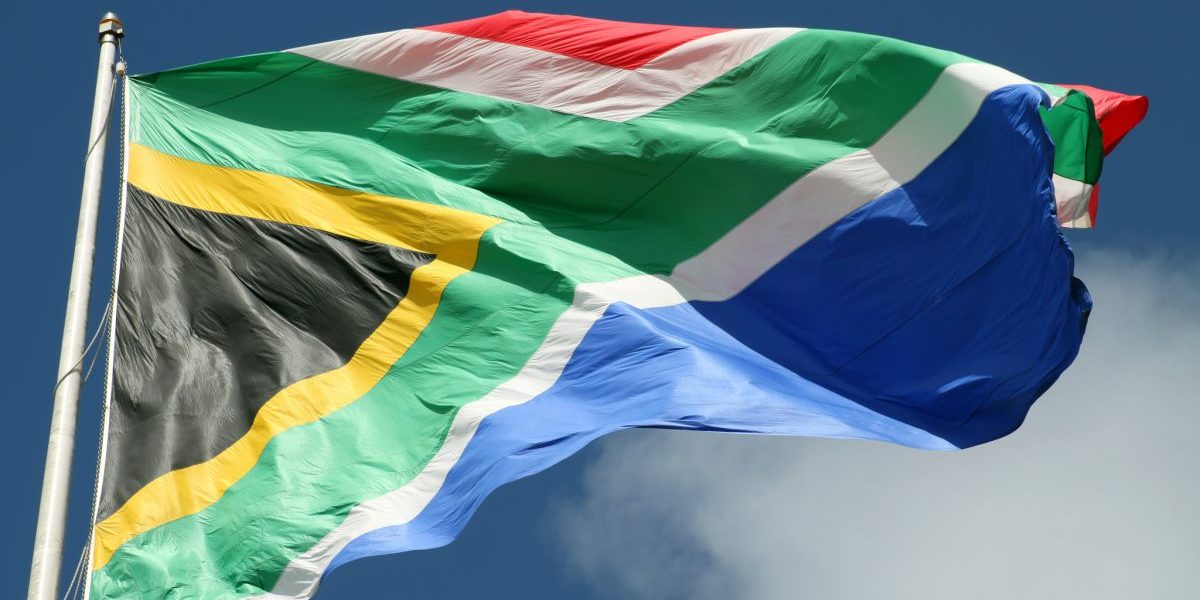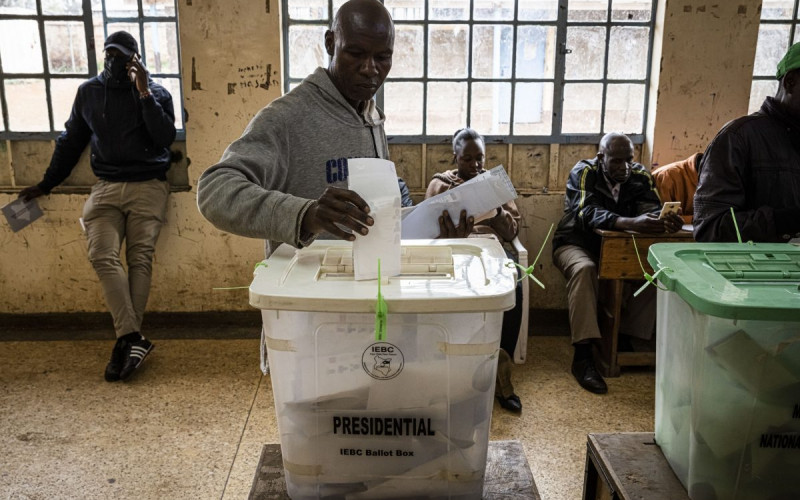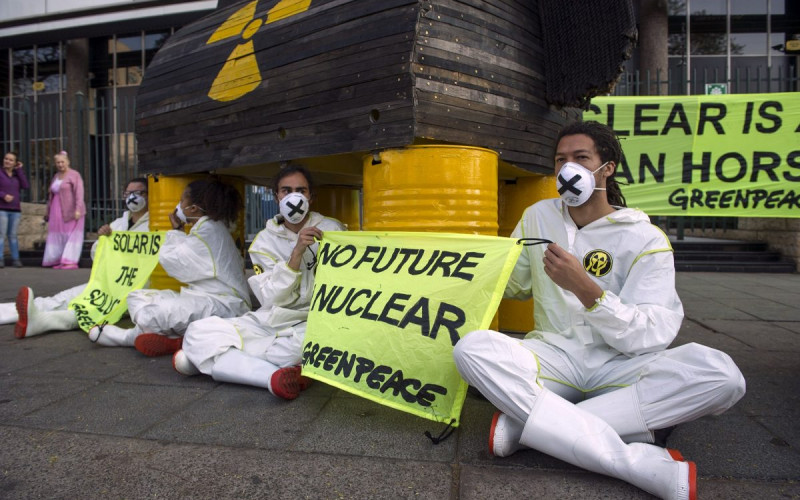Among the issues debated at a recent workshop convened by the South African Institute of International Affairs was the threat posed by corruption to good governance and the consolidation of democracy on the continent. The debate took place at a time when South Africans were discussing the controversy of a Mercedes Benz car given to the new national minister of transport, Sibusiso Ndebele, by a group of companies involved in the construction industry.
At the same time in Britain, Parliament was examining revelations of fraudulent expense claims paid from its coffers to members of parliament for, among other things, refurbishment of their private swimming pools and rental for houses they did not live in.
The coincidence of these news reports with the institute’s workshop could not have been more glaring, given that part of the agenda was to find ways in which to inculcate the values of good, clean and accountable governance into students passing through Africa’s institutions of higher learning.
The cynicism of both South African and British politicians shows that we still have a long way to go in banishing corruption from our public offices in both developed and emerging countries. Both Britain and South Africa are held up by many around the world as examples of good governance, and public officials in these countries have an influence that goes beyond their own national constituencies.
South Africa, in particular, carries the burden of leadership in a continent that has been beset with poor governance for far too long: having successfully transformed from an apartheid state into a non-racial democracy, and having completed its fourth post-apartheid election, South Africa and its leaders have to be vigilant in reinforcing good governance.
It is important that South Africa sets a good example, for a number of reasons:
First, the country has been a leading proponent of good governance in Africa, and was instrumental in the initiation of the New Partnership for Africa’s Development (NEPAD) initiative committed to promoting good governance, the African Peer Review Mechanism. The APRM encourages peer learning and the adoption of policies that promote democratic and accountable government, economic growth and regional integration – precisely the antitheses of corruption and abuse of position for personal gain. The success of the APRM depends, among others, on the demonstration by Africa’s leaders and peoples that these objectives can be achieved.
Second, South Africa has been in the forefront of efforts to resolve the political and general social crisis in Zimbabwe, one of whose roots is corruption and the abuse of public resources. Its government cannot afford to be seen to play by different rules internally.
Third, and perhaps more importantly, the new president, Jacob Zuma, has been shrouded in a cloud of alleged corruption in the past five years. Although the legal process that would have either vindicated or condemned him has been formally abandoned (thereby leaving him “technically” innocent), it is incumbent upon him to build a culture where government is both clean AND seen to be clean if the culture of good governance is to be entrenched in South Africa and in Africa.
It is laudable that transport minister Ndebele consulted government and the ruling party over whether to accept the expensive gift. It is also commendable that in the end he did not take the gift. However, reports that President Zuma took a neutral position in the matter should strike a note of worry. So should the fact that the minister needed to seek advice.
The rules that govern these matters are clear: it is unethical for any public official to accept gifts either before or after the delivery of services, and any gifts worth more than R1,000 (U.S. $125) should be declared and possibly ceded to the state. Ndebele should have immediately refused to accept the gift, and the President should have provided leadership by insisting on the importance of the perception of cleanliness in his cabinet when the issue was put to him. Both missed the chance to distance the new administration from corruption at the first opportunity.
During the institute’s workshop, Professor Kwesi Kwaa Prah, director of the Centre for Advanced Studies of African Society in Cape Town, observed in his keynote address that many African leaders are semi-illiterate. I take this to mean more that they are oblivious to some of the nuances of governance principles, rather than that they did not go to school.
Whatever the interpretation, it appears that both British and South African political leaders are still struggling to get a handle on how both to be clean and to be seen to be clean. African universities need to step up and be counted, and to inculcate, early and consistently, the importance of the principles of good governance in the continent, producing citizens and leaders who understand, respect and uphold them.







